Renovating a space is a major undertaking that can completely transform your dwelling or workspace. Before embarking on this endeavour, it is essential to consider several aspects to ensure that the end result is aesthetically pleasing, functional, and long-lasting.
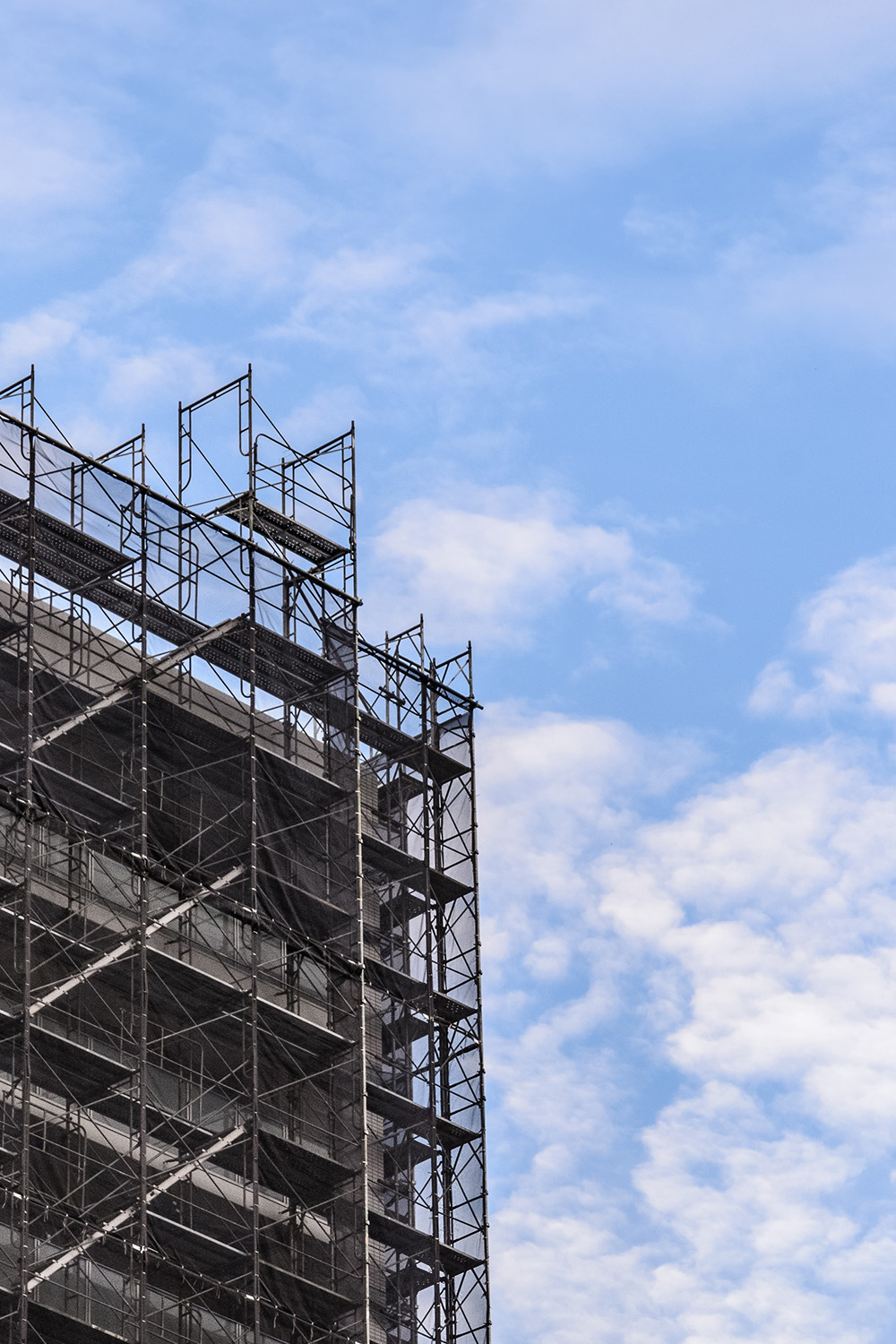
Plan and Design
The first step to a successful renovation is careful planning.
If possible, it is important to envision the end result and to consider how the space will be used. Asking an architect or interior designer to create a detailed plan can help you anticipate potential problems and save time and money throughout the process.
Budget
It is essential to set a realistic budget for the project and to try and stick to it. All costs should be considered, including materials, labour, permits, and any possible contingencies. It is advisable to have a 10-20% safety margin to cover any unforeseen expenses.
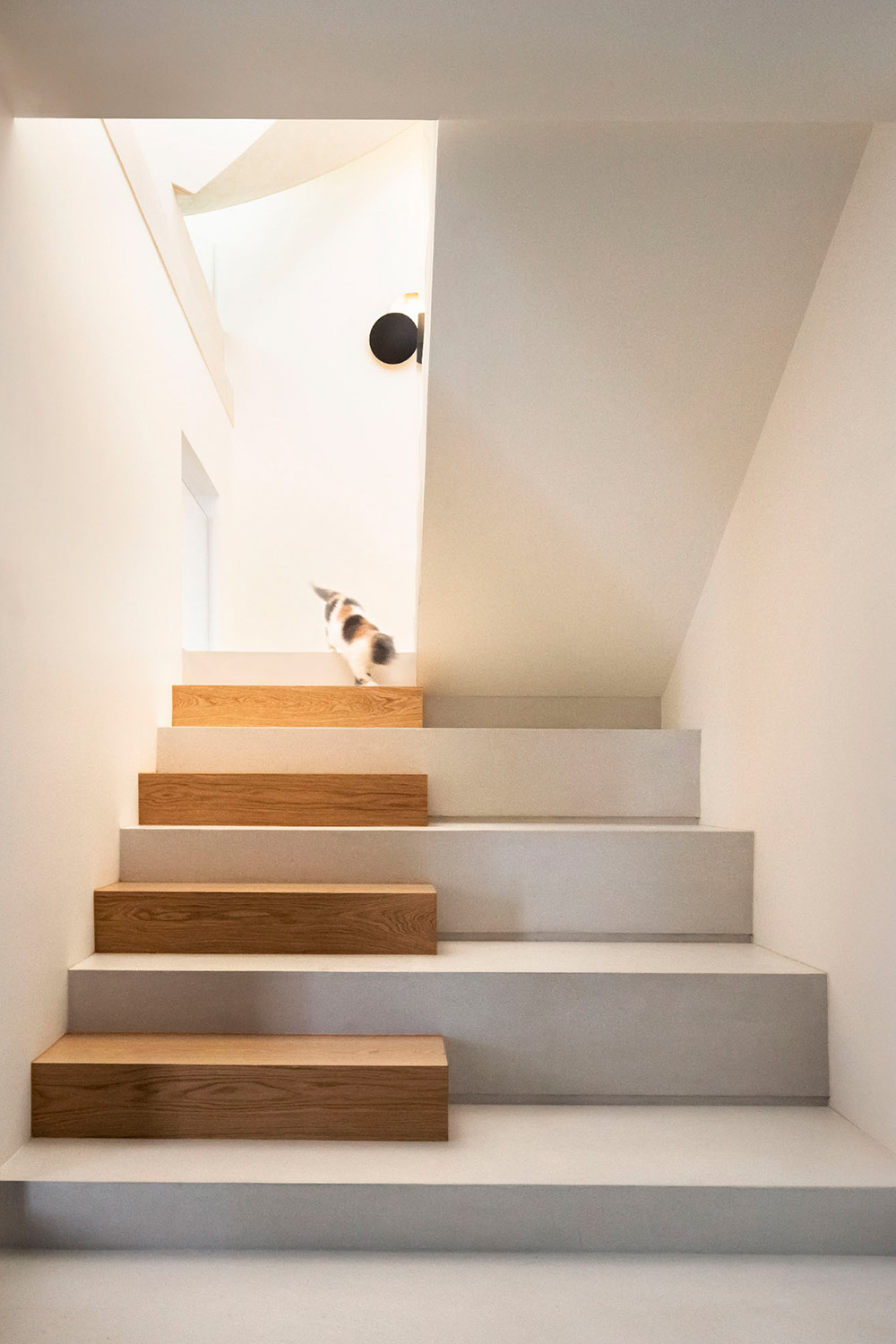
Choice of materials
The choice of materials is essential to the success of the project.
Materials such as cement and concrete offer durability and versatility, and are therefore ideal for floors and coatings. It is also necessary to evaluate the aesthetics and maintenance of the materials chosen to ensure that they are suitable for the lifestyle.
Permits and regulations
Check what permits are needed and make sure you comply with all local regulations to avoid delays and fines that could jeopardize your project. Consult your municipality or a professional in the field to obtain all the necessary information.

Environmental Impact
Considering the environmental impact of the employed materials and techniques is a sign of sensitivity. Opting for sustainable solutions that reduce environmental impact, such as the use of recycled materials or energy-efficient technologies, can not only help the environment but also increase the value of the property.
Functionality and Comfort
A renovated space must be functional and comfortable. It is necessary to think about how the space will be used and make sure that the design choices support these activities.
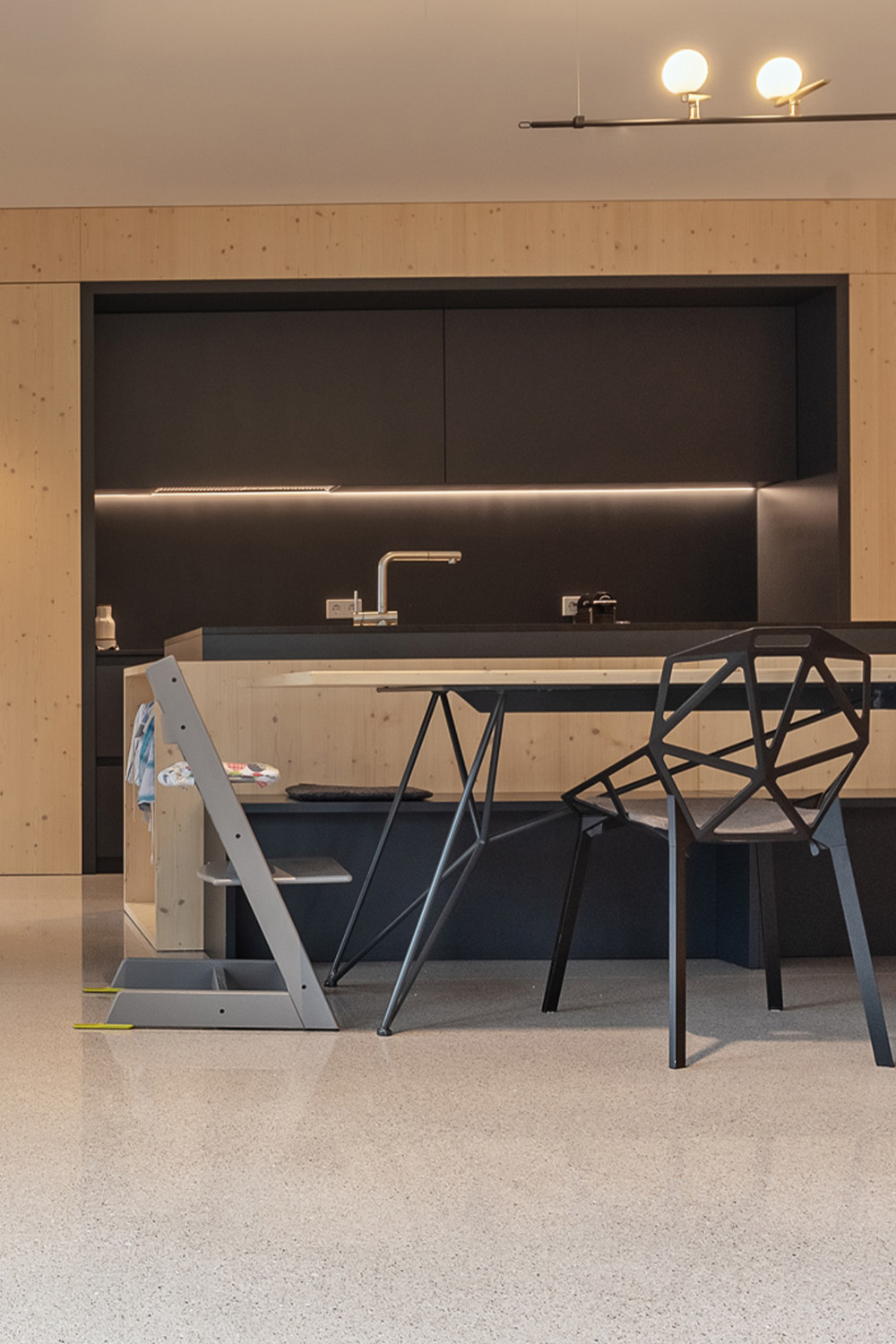
Lighting
Lighting is a key element in the design of spaces. A good combination of natural and artificial lighting can significantly improve the appearance and quality of your living. It is important to wisely arrange windows, skylights and artificial lighting to create the desired atmosphere.
Technical infrastructure
A renovation is often the ideal time to update technical infrastructure such as electrical, plumbing and heating systems. Ensuring that these are efficient and compliant with current regulations can prevent future problems and improve the energy efficiency of the home.
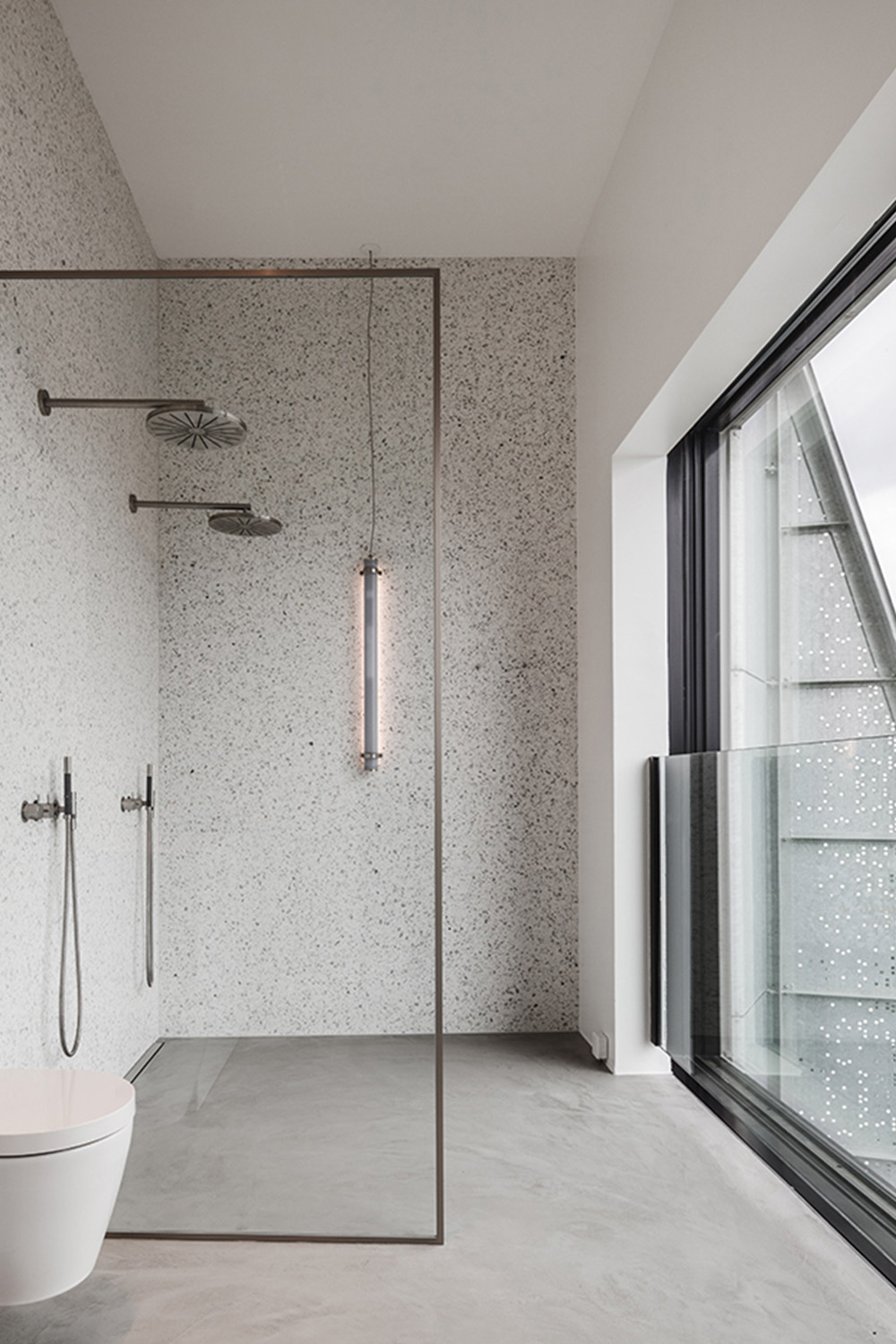
Timing
You should establish a realistic timetable for the project and try to stick to it as much as possible. Delays in the work can be costly and frustrating. Planning the different phases of the renovation in a logical and coordinated way can help avoid interruptions and overlaps of work.
Choosing professionals
A team of qualified experts can make the difference between a successful project and a disaster. It is important to research, read reviews and ask for references before making a decision.

Acoustics
The acoustic quality of an environment goes hand in hand with comfort. Considering the installation of sound-absorbing materials, especially in spaces such as offices, dining rooms or bedrooms, can improve the quality of internal sound and reduce external noise.
Custom possibilities
Every space should reflect the personality of those who live in it. Customising the design of an environment with unique elements such as artworks, custom furniture, or special architectural details can make the space reflect the identity of those who inhabit it.
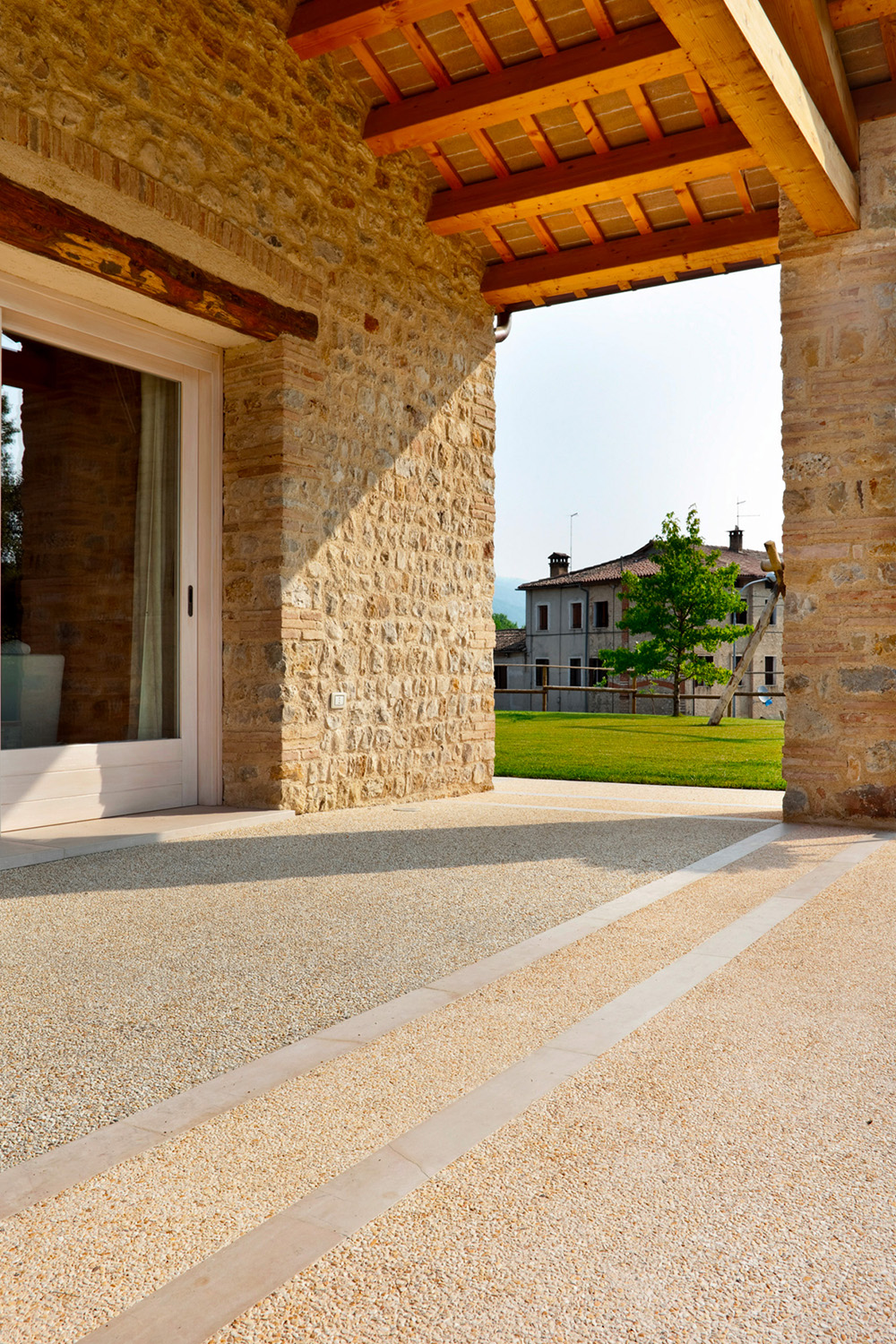
Accessibility
Designing spaces with accessibility in mind is what everyone expects from architecture today. Providing ramps, handrails, wider doors and other features that make the environment accessible to people with reduced mobility can increase the value of the property and represent a sign of respect, civility and inclusiveness.
Smart Technology
Integrating smart technologies can improve the functionality and efficiency of your home. Smart lighting systems, programmable thermostats, and security devices can make your life more comfortable and safer, as well as reduce energy consumption.
Consistent appearance
Making sure that the aesthetics of your new space are consistent with the rest of your home or building is essential. A harmonious design creates a sense of continuity and can increase the overall value of your property. It is important to choose colours, materials, and styles that integrate well with your existing spaces.
Ergonomics
Today, it is crucial to consider ergonomics when designing spaces, especially when it comes to work or study areas. Ergonomic furniture, such as adjustable chairs and desks, can improve comfort and productivity, reducing the risk of long-term physical problems.
Ventilation
Good ventilation is essential for the health and well-being of the occupants. Make sure that the renovated space has an adequate ventilation system for an effective air exchange and to maintain healthy and clean indoor air.
Wear resistance
It is advisable to choose materials that are resistant to wear, especially for surfaces with high volumes of foot traffic. Materials such as decorative concrete or stamped concrete can offer durability and resistance, reducing the need for frequent repairs or replacements.
Maintenance
Planning for future maintenance from the design stage is important. Opting for solutions that require little maintenance and are easy to clean can reduce the time and costs associated with regular maintenance.
Flexibility
Designing flexible space can be helpful. Modular, versatile solutions that can be easily adapted or reconfigured to meet future needs are especially useful in multifunctional or evolving environments, such as modern homes and offices.
Areas

Bathroom
Bathroom renovation requires special attention to both design and functionality. Using moisture-resistant materials such as microcement, properly planning the layout of plumbing and lighting can create a comfortable and practical space. The integration of walk-in showers, modern bathtubs and suspended sanitary ware can elevate the aesthetics and practicality of the bathroom.
Kitchen
The kitchen deserves detailed planning. Opting for durable, easy-to-clean floors, such as concrete, and planning an ergonomic layout of work areas to facilitate meal preparation is important. Installing modern, energy-efficient appliances and under-cabinet lighting can add elegance and functionality.

Flooring
The floor choice is one of the fundamental aspects for the aesthetics and functionality of an environment. Materials such as microcement and decorative concrete offer durability and can be customized with decorative finishes such as polishing, colouring and inlays. It is useful to consider slip resistance, ease of maintenance and the ability to withstand daily wear and tear.
Walls
Walls represent another key element. In addition to choosing the colour and finishes, it is useful to consider the use of lime or microcement coatings to create texture and depth. Integrating decorative elements such as niches or backlit panels can add a unique touch to the space.
External area
Outdoor spaces are another thing worth considering during renovation. Stamped concrete or decorative concrete paving solutions are suitable for patios, decks and external spaces in general. Plan for shaded areas, relaxation areas and plants to create a welcoming outdoor environment. External lighting and the choice of weather-resistant furniture will complete the space.
Ideal Work: innovative renovations
With its cutting-edge solutions, Ideal Work is the ideal partner for interior renovations.
High-quality concrete surfaces such as Microtopping® and Lixio® are ideal for the renovation of floors and walls without the need for demolition, thanks to the minimal thickness that allows them to be applied directly on existing surfaces. Through their versatility and wide range of available finishes, these materials are perfect to customise any environment. Renovations with Ideal Work are quick, clean and environmentally friendly, which makes them a modern and sustainable alternative for transforming interior spaces.
Ideal Work’s Terrae line is available for wall renovations.
Quick renovation
Ideal Work stands out for its attention to the efficiency of renovation work. Concrete surfaces can be applied directly to existing floors and walls, reducing processing times and minimising waste to be disposed of. This approach not only speeds up the renovation process, but is also environmentally friendly, helping to reduce environmental impact. Ideal Work solutions are ideal for those who want to transform their spaces with innovative and environmentally friendly materials.
For more details and inspiration, visit the official Ideal Work page.